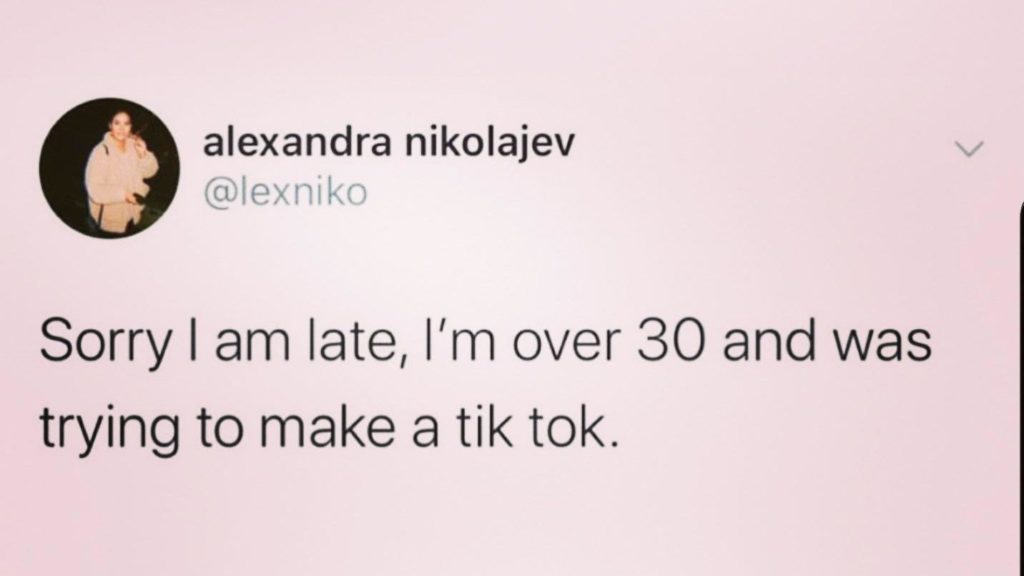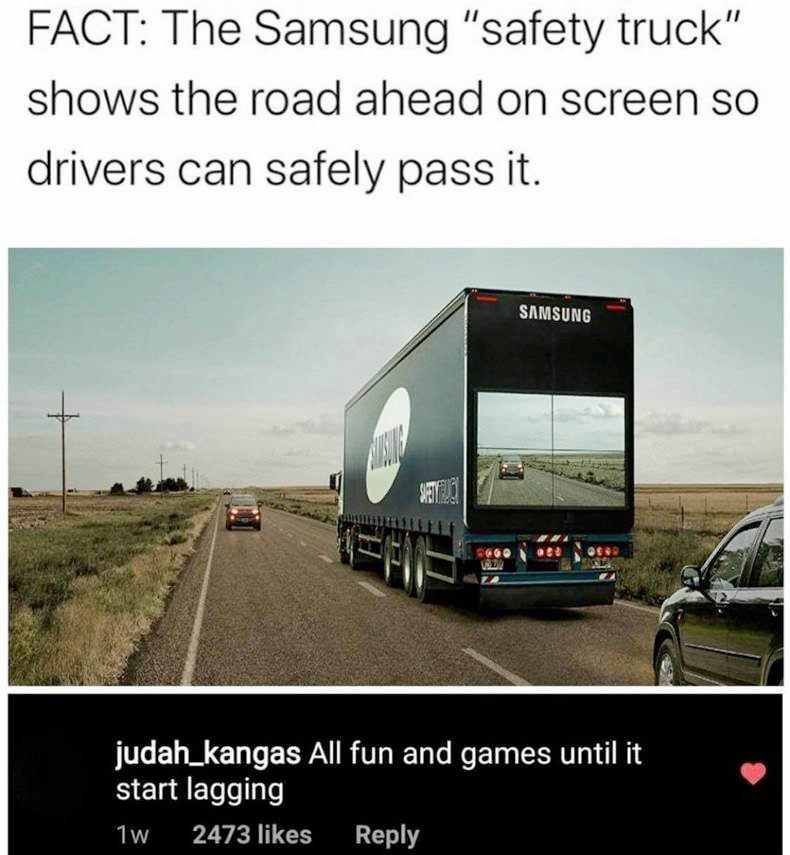Good Morning
It’s June 7. Incomparable Simone Biles won a record seventh U.S. gymnastics championship last night. She’s also won eight straight all-around competitions. U.S. Olympic trials begin two weeks from Thursday.
Today’s Spotlight is 1,282 words — about a 4 minute read.
2. News To Know Now
Quoted: “We’ve used this model around terrorism before, but never with ransomware.” —John Carlin, acting deputy attorney general to Reuters describing new initiatives to escalate in-progress ransomware cases.
a) European regulators are continuing their crackdown on American tech companies. EC and UK regulators announced an antitrust investigation into Facebook regarding its Marketplace service. Meanwhile Google is reportedly near a settlement of a similar case brought by French regulators regarding the company’s advertising marketplace, according to The Wall Street Journal and confirmed by Reuters. The Journal is owned by News Corporation, the company that lodged the complaint against Google in France. Tech revenues are an attractive target for governments. G7 leaders meeting in London this weekend announced that they have reached an agreement to create a global corporate minimum tax to address companies providing services in one country and declaring revenues in another.
b) Twitter announced a premium subscription called Twitter Blue late last week. The service will launch as a pilot program in Australia and Canada. The biggest feature is the ability to revise a Tweet within the first 30 seconds after it is sent. Twitter has famously refused to offer an edit function in the past. (Axios)
c) A new Florida law makes it illegal for tech companies to ban the accounts of political candidates. Gov. Ron DeSantis signed the bill to halt what he calls “censorship of conservatives” although conservative and liberal experts expect the law to be challenged in court. Unsurprisingly for Florida, there are exemptions for theme park operators, which include media companies Disney and Comcast. (Ars Technica)
3. Search Engine News
Google says that your web content stands a better chance of catching its ranking software’s attention if you do something that newspapers have known for generations: put some unique content “above the fold.” That’s the area on a broadsheet newspaper visible to passersby when the newspaper is folded at a newsstand or in a vending machine. Web designers apply the term to mean the first screen a visitor sees without any scrolling.
Search Engine Journal transcribed Google’s most recent video chat with users and quoted executive John Mueller saying, “The important part for us is really that there is some amount of unique content in the above the fold area.” Mueller acknowledged that the unique content could be an image. It’s worthwhile to look at your website with fresh eyes (even better: have it professionally tested) to see what impression new visitors receive.
Google also announced a partnership with e-commerce platform Shopify. That’s great news for Shopify merchants because they will receive enhanced listings in Google Shopping. For those of you who compete against merchants who might use Shopify, have a look at your website data to closely monitor your website’s traffic from Google.
4. In The Spotlight — Amazon Retail News: Automated Registers, Pharma, and Lawsuits
Google seemed quite excited to announce that it would open a store in Manhattan’s Chelsea neighborhood. The area is home to 11,000 Google employees. This is their first non-popup store.
So, about Amazon:
You already know about their ridiculous e-commerce lead. eMarketer summarized it this way: Amazon gets 40 cents of every US dollar spent on retail online, Walmart gets 7 cents, and a handful of other companies get 2-3 cents each.
Amazon is reportedly considering a move into retail pharmacy, according to Business Insider. It’s worth remembering that the company ditched partners JPMorgan Chase and Berkshire Hathaway last year so that all three could go their own way in health initiatives. Amazon quickly began offering pharmacy services on its website and to leverage its purchase of Pill Pack. One potential jump-start: the company’s 500 Whole Food locations.
I’ve been enjoying Amazon Unbound, Brad Stone’s second book quoting company insiders that was just released in May. Readers get an insider’s look at the Whole Foods acquisition and the rollout of various retail initiatives.
I also enjoyed Morning Brew writer Halie LeSavage’s tour using the new Amazon One payment system that relies on a customer’s biometrics when a customer leaves an Amazon retail store. The system is now being tested in twenty-one locations–the kind of broad rollout afforded to companies with 12 digit market caps.
Amid the physical retail news, Amazon has new challenges related to its bread and butter e-commerce operations. DC Attorney General Karl Racine brought an antitrust suit against the company in late May. The suit alleges that Amazon exerts monopoly control over third party sellers on the site.
5. Debunked — Bing & DDG Don’t Have Protestor Photos (True!)
Image search at Microsoft Bing and DuckDuckGo inexplicably returned no results last Friday when users searched for “tank man” on the 32nd anniversary of the iconic photo taken during a protest in China’s Tiananmen Square.
Vice and Gizmodo separately confirmed that results were censored in the U.S., France, and Switzerland.
6. Following Up — Insurance Using AI & Email Spearphishing
Insurance startup Lemonade bragged on Twitter that its tech-oriented service detects fraud by analyzing non-verbal cues in videos of claims filers just like on TV shows. Not so fast, tweeted apparently everyone who works in that field. Motherboard has more on this cautionary tale.
We’re also going to tell you again about developments in the Solar Winds hack. Reminder: Microsoft, Solar Winds, and two other companies make software that was hacked by a Russian government-backed group. More than two hundred organizations and 10 federal agencies were compromised last year.
Microsoft has detected that 3,000 email accounts at 150 organizations in 24 different countries were targeted late last month using faked email from one U.S. agency. Their targets were humanitarian and human rights organizations this time.
7. Protip — Androids Announce Who’s Calling
This can be quite a boon while you’re driving or otherwise occupied so you don’t reach for the phone to check the caller id when it rings. Lifehacker walks through how to enable caller ID announcements.
Screening Room — Heinz, Waze & Burger King Team Up
9. Science Fiction World — Google Rolls Out Tricorder
That’s the name of a new tool from Google that uses a smartphone to identify skin, hair, and nail conditions to aid a physician’s diagnosis. European regulators have already approved the image recognition program as a medical tool. You can read more at the BBC.
10. Coffee Break — The Today Show Tackles “What Is Internet, Anyway?” Live
Quite possibly the funniest comedy I’ve ever seen lasts 86 seconds and debuted in 1994. That’s when Today show hosts Bryant Gumbel and Katie Couric fumble trying to explain the internet to each other and a live national audience. I had already been paid for more than eight years working online by then so I’m feeling very smug right now. Also, very old.
You’re welcome for this trip to Memory Lane.
11. Sign of the Times





